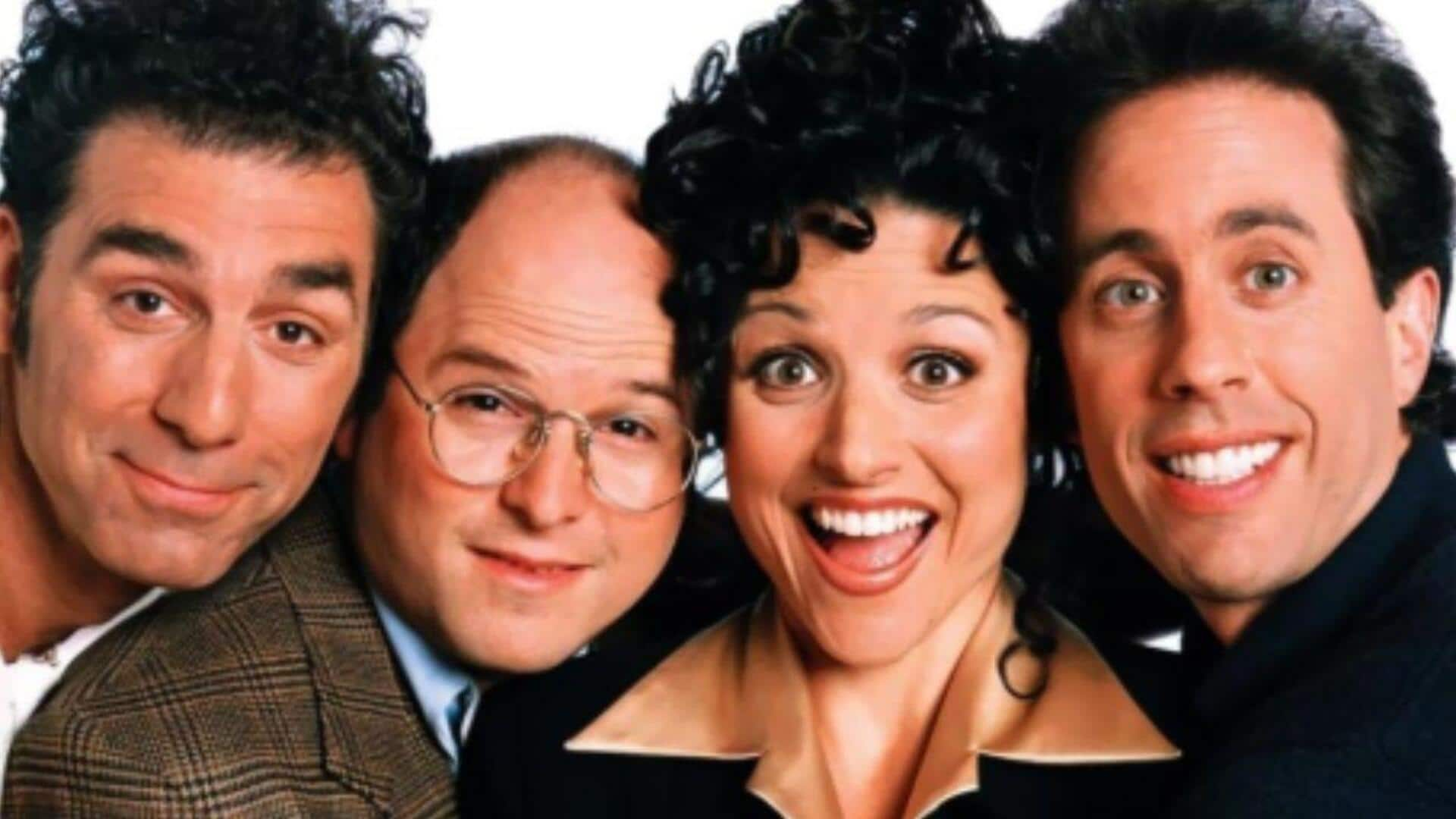
How 'Seinfeld's waffle ad gag perfectly satirized marketing
What's the story
The iconic 1995 Seinfeld episode is famous for its hilarious take on the world of advertising. In this episode, Jerry and George create a fake ad for a waffle company, poking fun at the absurdity of marketing strategies. This episode is a brilliant example of how comedy can be used to critique and analyze the advertising industry. Here's a look at the concept, execution, and impact of this memorable ad gag.
Concept
Concept behind the ad gag
The concept of the Seinfeld waffle ad gag revolves around creating an absurd and humorous advertisement that highlights the often ridiculous nature of marketing. Jerry and George's fake ad suggests that waffles can be used for anything, poking fun at how advertisers stretch reality to sell products. This clever twist showcases how comedy can be used to critique advertising practices.
Execution
Execution techniques used
The execution of the waffle ad gag is spot-on, with sharp dialogue and comedic timing. The characters deliver lines with deadpan seriousness while describing outrageous uses for waffles. This contrast between content and delivery makes the humor all the more effective. The episode also uses visual elements to enhance its comedic impact, making it memorable.
Impact
Impact on viewers
The impact of this episode on viewers is significant, as it encourages them to think critically about advertising messages they encounter daily. By presenting an exaggerated version of a marketing campaign, Seinfeld prompts audiences to question the validity and creativity behind real-life ads. This episode resonates with those who appreciate humor as a tool for social commentary.
Legacy
Legacy of 'Seinfeld' in advertising satire
Seinfeld has left an indelible mark on advertising satire through its iconic episodes like the waffle ad gag. The show has paved the way for future comedies to explore marketing absurdities with humor and wit. Its legacy continues to inspire writers who want to use satire as a means of critiquing consumer culture.